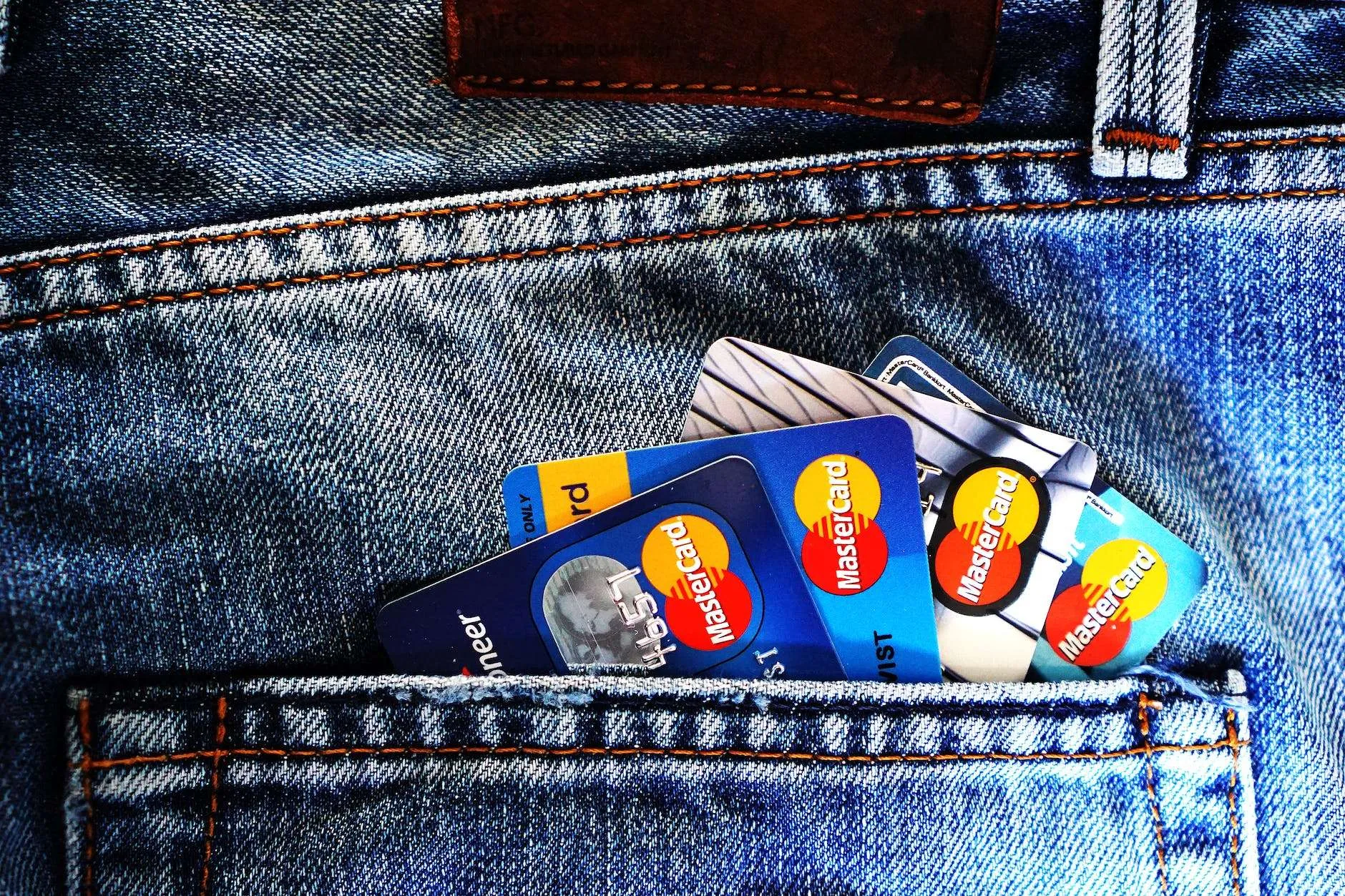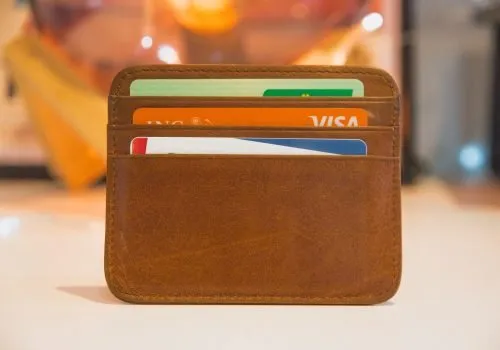Having a good Schufa score is important for anyone looking to borrow money or make financial commitments in Germany. Whether you’re planning to apply for a mortgage, a car loan, or even a cell phone contract, your credit score will be an important factor in determining whether you’re approved and at what terms.
But what exactly is Schufa score, and how do you improve it in Germany? In this article, we’ll answer these questions and provide you with some tips and strategies for improving your credit score in Germany.
What is a Credit Score in Germany?
A credit score, also known as a Schufa score in Germany, is a numerical representation of your creditworthiness. It’s based on information in your credit report, which is a record of your borrowing and repayment history. Credit scores in Germany range from 0 to 100, with higher scores indicating a lower risk to lenders.
Your Schufa score is used by lenders, landlords, and other organizations to assess your creditworthiness and determine whether to extend credit or a loan to you. It’s also used to determine the terms and conditions of the credit or loan, such as the interest rate and fees.
How to Check Your Credit Score in Germany
In Germany, you can check your credit score online through the Schufa website. You’ll need to provide some personal information, such as your name, date of birth, and address, and then you’ll receive your credit score and credit report.
It’s important to check your Schufa score regularly to ensure that the information contained in your credit report is accurate and up-to-date. If you find any errors or discrepancies, you can contact the Schufa to have them corrected. Here is an article we wrote about how to get your Schufa report for free every year.
Tips for Improving Your Credit Score in Germany
Now that you understand what a credit score is and how to check it, let’s take a look at some tips for improving your credit score in Germany:
Pay your bills on time
One of the most critical factors in determining your credit score is your payment history. Lenders want to see that you have a track record of paying your bills on time. Late payments and missed payments can have a negative impact on your credit score.
To ensure that you pay your bills on time, consider setting up automatic payments or reminders. You can also sign up for alerts from your bank or credit card company to keep track of your due dates.
Don’t apply for too much credit at once
Every time you apply for credit, it results in a hard inquiry on your credit report, which can have a negative impact on your credit score. To minimize the number of hard inquiries on your credit report, try to limit the number of credit applications you make.
Dispute errors on your credit report
As mentioned earlier, it’s important to regularly check your credit report for errors or discrepancies. If you find any, you can dispute them with the Schufa to have them corrected. This can help improve your credit score by removing any incorrect or negative information from your credit report. Find out how to get a detailed Schufa report for free in our previous article.
Use your credit cards responsibly
Credit cards can be a useful tool for building credit, but it’s essential to use them responsibly. This means paying your balances on time, keeping your credit utilization low, and avoiding maxing out your credit cards.
Monitor your credit report regularly
In addition to checking your credit score regularly, it’s also a good idea to monitor your credit report for any changes or errors. You can request a free copy of your credit report from the Schufa once a year.
Pay off your debts
Paying off your debts, especially high-interest debts like credit card balances, can help improve your credit score. By paying off your debts, you’ll be demonstrating your ability to manage your finances and pay off your debts on time.
Consolidate your debts
If you have multiple debts, consolidating them into one loan can help simplify your finances and make it easier to manage your debts. It can also potentially lower your interest rate, which can save you money on your monthly payments. Avoid taking on debt if you can as they can run out of hand fairly quickly.
Keep only a few credit cards
Most cards you get in Germany are debit cards. If you do not need to overdraw your balance every month, make it a habit of using your debit cards only. It is advisable to have just one credit card for when you will need one for services such as car rentals, etc. Here are our top picks for Germany.
Consider a credit counseling service
If you’re having trouble managing your debts or improving your credit score, a credit counseling service may be able to help. Credit counseling services offer advice and resources to help you get your finances on track and improve your credit score.
Conclusion
Improving your credit score in Germany takes time and discipline, but it’s worth the effort. By following the tips and strategies outlined in this article, you can take steps to improve your credit score and increase your chances of being approved for credit or loans at favorable terms. Remember to pay your bills on time, keep your credit utilization low, and monitor your credit report regularly to help improve your credit score in Germany.











Start the discussion at community.ichberlin.com